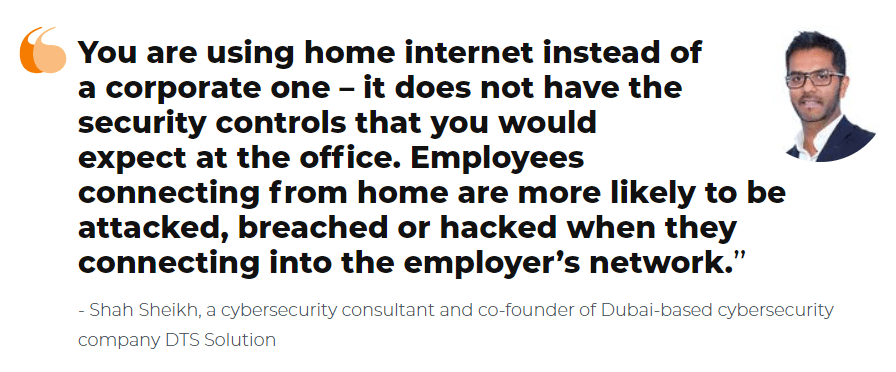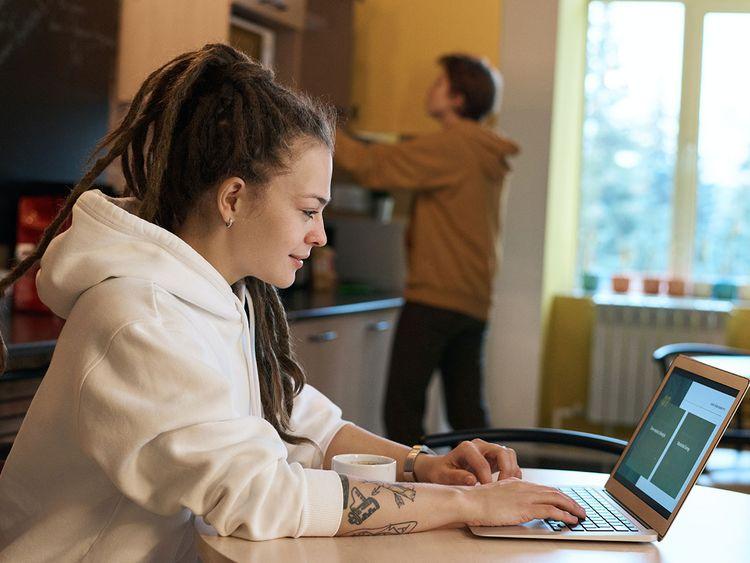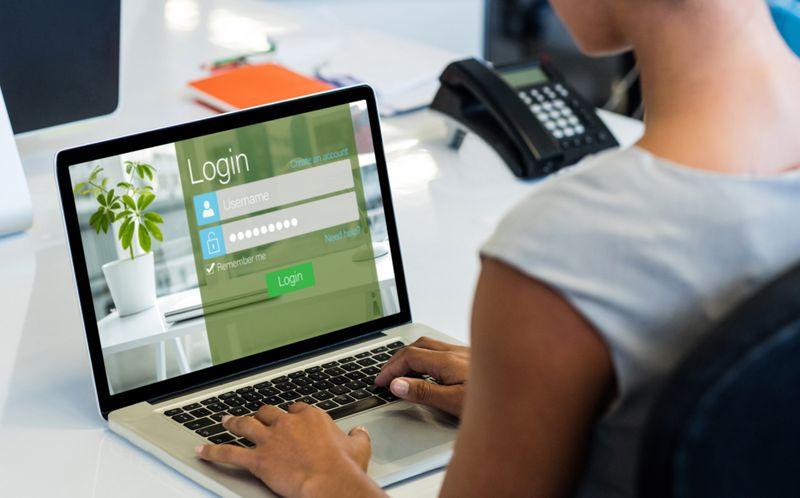COVID-19: How to secure your home network for remote working.
Our Co-founder & Sr. Cyber Security Advisor, Shah Sheikh spoke to Gulf News about how employees can take simple steps to secure their networks while working from home.
Shah Sheikh, our co-founder & sr. cybersecurity consultant at DTS Solution, spoke to Gulf News about how employees can take simple steps to secure their networks while working from home.

“You are using home internet instead of a corporate one – it does not have the security controls that you would expect at the office. Employees connecting from home are more likely to be attacked, breached or hacked when they connecting into the employer’s network,” he added.

“Two-factor authentication (2FA) and two-step verification (2SV) involve an additional step to add an extra layer of protection to your accounts. The extra step could be an email or text message (OTP) confirmation or a biometric method such as facial recognition or a fingerprint scan,” Sheikh said.
As the new coronavirus spread turned into a pandemic, cyber criminals also increased their activities, taking advantage of people’s fears and vulnerabilities.

Palo Alto Networks, a US-based cybersecurity company, identified 116,357 newly registered domains with coronavirus-related names between January 1 and March 31, 2020. Out of these, 2,022 were classified as ‘malicious’ and more than 40,000 were considered ‘high-risk’. Additionally, from February 1 to March 31, the company said that it witnessed a 569 per cent growth in malicious domain registrations.

Secondly, under settings, the router allows you to select a certain ‘security mode’. This is the algorithm you want to use to encrypt the data flowing through the router.
It is also important to not allow other members of the family use the same device. If your child plays online games on your work laptop, it is going to make the device more vulnerable to attacks. If it is not possible to have separate devices, try to set up separate accounts which each member uses to log in.
If you do have to use portable storage devices, make sure they are password protected.

To read the full interview published on gulfnews.com, please click here.
COVID-19: How to secure your home network for remote working.





To read the full interview published on gulfnews.com, please click here.
See also:

